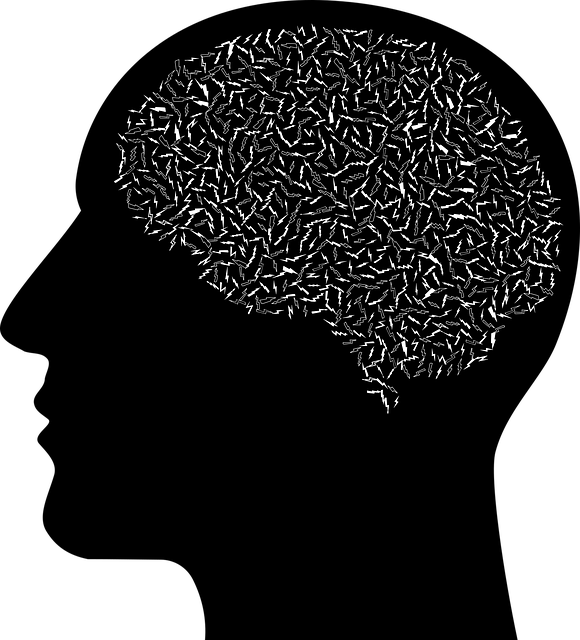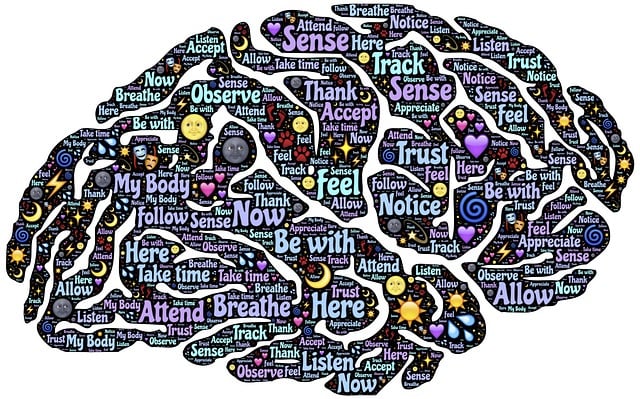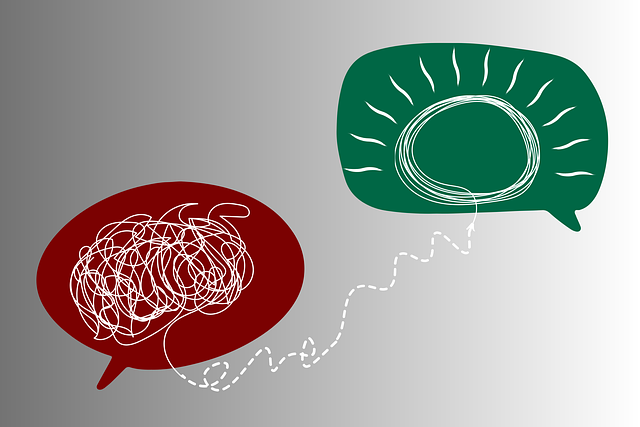Mental wellness is a holistic concept impacting daily life and overall health, emphasizing positive emotions and resilience. In today's stressful world, self-care routines are vital for managing anxiety and promoting mental health. Through introspection, individuals can identify personal triggers and develop tailored self-care practices like journaling, exercise, and quality sleep. Wheat Ridge Phobias Therapy advocates a holistic approach combining evidence-based treatments with personalized self-care strategies, including stress reduction methods, to improve mental wellness and manage conditions like phobias effectively.
“Unwind and rejuvenate with a mental wellness self-care routine tailored for your unique needs. In today’s fast-paced world, prioritizing your mental health is paramount. This article guides you through a comprehensive journey of self-discovery, offering insights on understanding mental wellness and its profound impact on daily life. We’ll explore personalizing your self-care, from identifying essential practices to crafting a customized routine. Moreover, discover how Wheat Ridge Phobias Therapy seamlessly integrates self-care strategies with professional support for holistic well-being.”
- Understanding Mental Wellness and Its Impact on Daily Life
- Identifying Personal Needs for a Self-Care Routine
- Crafting a Customized Self-Care Routine: Tips and Strategies
- Integrating Self-Care with Professional Support: The Wheat Ridge Phobias Therapy Approach
Understanding Mental Wellness and Its Impact on Daily Life

Mental wellness is a crucial aspect of overall health that significantly influences our daily lives. It encompasses emotional, psychological, and social well-being, affecting how we think, feel, and act in various situations. Understanding mental wellness involves recognizing its impact on our ability to cope with stress, make choices, and relate to others. A holistic approach to mental wellness considers not just the absence of mental illness but also the presence of positive emotional states and resilience.
In today’s fast-paced world, navigating life’s challenges can be demanding, leading to increased levels of stress and anxiety. For individuals dealing with phobias or other mental health concerns, such as those seeking Wheat Ridge Phobias Therapy, establishing a robust self-care routine is essential. Incorporating practices that promote Mental Health Policy Analysis and Advocacy, like mindfulness, exercise, and quality sleep, can foster Anxiety Relief and enhance overall Mental Wellness.
Identifying Personal Needs for a Self-Care Routine

Creating a self-care routine is a deeply personal journey that involves understanding and prioritizing your unique needs. This process begins with introspection—a chance to listen to your mind and body’s whispers, recognizing when you’re feeling stressed, anxious, or off balance. It might involve paying attention to recurring feelings or physical sensations related to specific situations or triggers, like those addressed in Wheat Ridge Phobias Therapy.
Identifying these personal needs requires a willingness to be honest with yourself about your mental wellness. This could mean setting aside dedicated time for relaxation and reflection through practices such as Mental Wellness Journaling Exercises or exploring crisis intervention techniques offered in guidance programs. By understanding what helps you regain equilibrium, you can tailor your self-care routine to effectively nurture and sustain your mental wellness, ensuring a healthier, more balanced life.
Crafting a Customized Self-Care Routine: Tips and Strategies

Crafting a Customized Self-Care Routine is an empowering step toward enhancing mental wellness and managing conditions like phobias, as offered by Wheat Ridge Phobias Therapy. It involves understanding your unique needs and incorporating activities that nurture your mind, body, and soul. The process begins with introspection; reflect on what brings you joy, relaxation, or a sense of calm. This could be anything from engaging in creative pursuits, spending time in nature, practicing mindfulness, or enjoying a warm bath.
Once identified, make these activities a consistent part of your daily or weekly schedule. Consistency is key to reaping the benefits of self-care. Consider setting reminders or allocating specific blocks of time for these practices. Remember, a well-rounded self-care routine may include physical exercises, healthy eating, sufficient sleep, social connections, and activities that stimulate your intellect or creativity. Combining these elements can significantly contribute to preventing depression and fostering emotional healing processes, ultimately leading to improved mental health and overall quality of life.
Integrating Self-Care with Professional Support: The Wheat Ridge Phobias Therapy Approach

At Wheat Ridge Phobias Therapy, we understand that fostering mental wellness involves a holistic approach where professional support and self-care go hand in hand. Our unique therapy approach recognizes the importance of integrating evidence-based treatments with personalized self-care strategies for optimal healing and growth. We believe that combining traditional therapy sessions with dedicated self-care practices enables individuals to effectively manage their mental health journey.
Through our practice, we emphasize stress reduction methods tailored to each client’s needs, incorporating cultural sensitivity in mental healthcare practice. By encouraging clients to develop a robust self-care routine, we empower them to take charge of their mental wellness. This involves setting boundaries, engaging in regular exercise, practicing mindfulness, and prioritizing quality sleep. Such proactive measures, combined with professional guidance, create a powerful synergy for better mental health outcomes.
Developing a mental wellness self-care routine is a powerful tool for navigating life’s challenges. By understanding our unique mental health needs and integrating professional support when required, such as the personalized approach offered by Wheat Ridge Phobias Therapy, we can foster resilience and overall well-being. Customizing self-care practices to fit individual preferences and lifestyles ensures sustainability, allowing us to cultivate a sense of balance and inner peace. Embrace these strategies to embark on a journey towards enhanced mental wellness.










